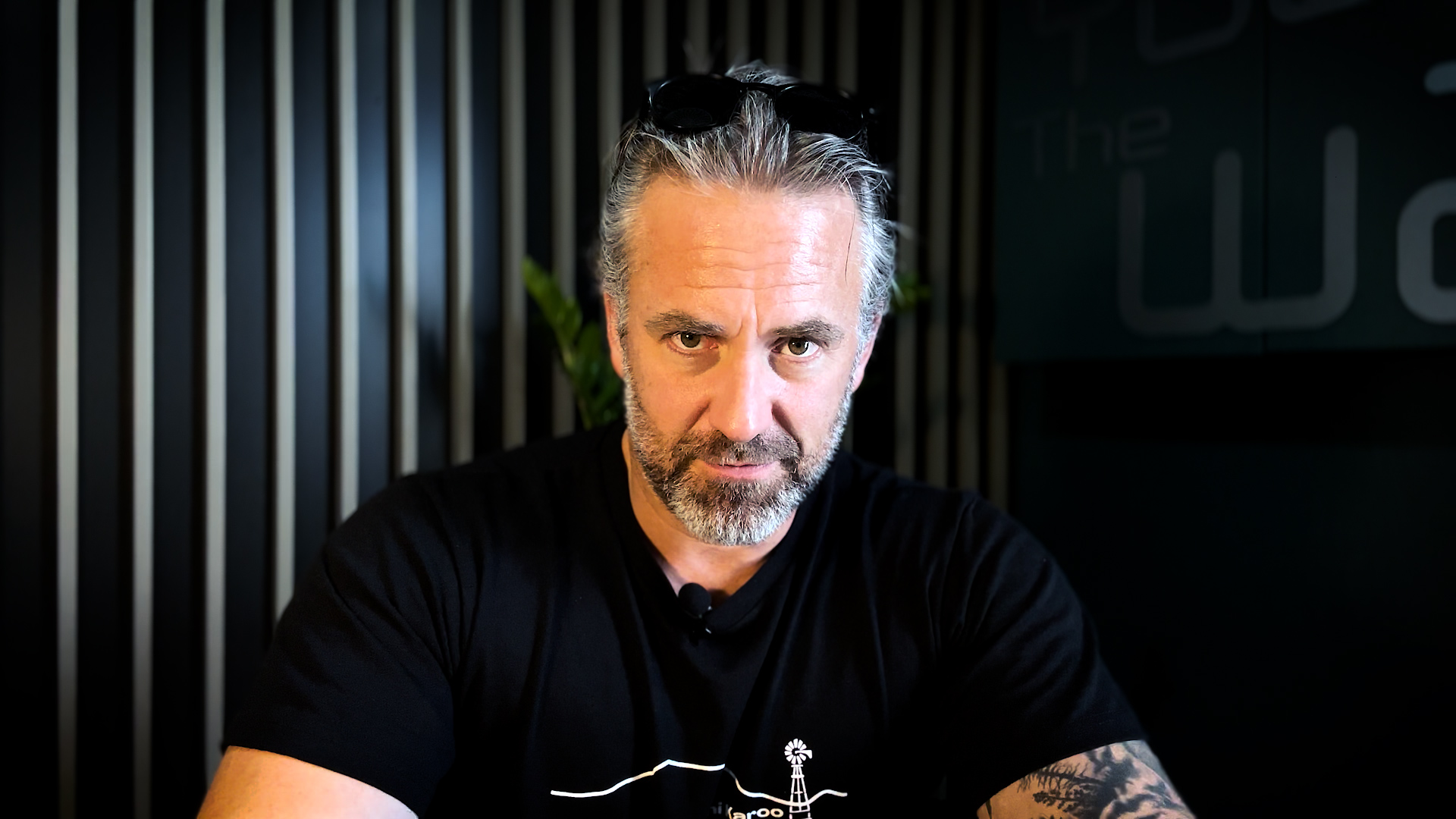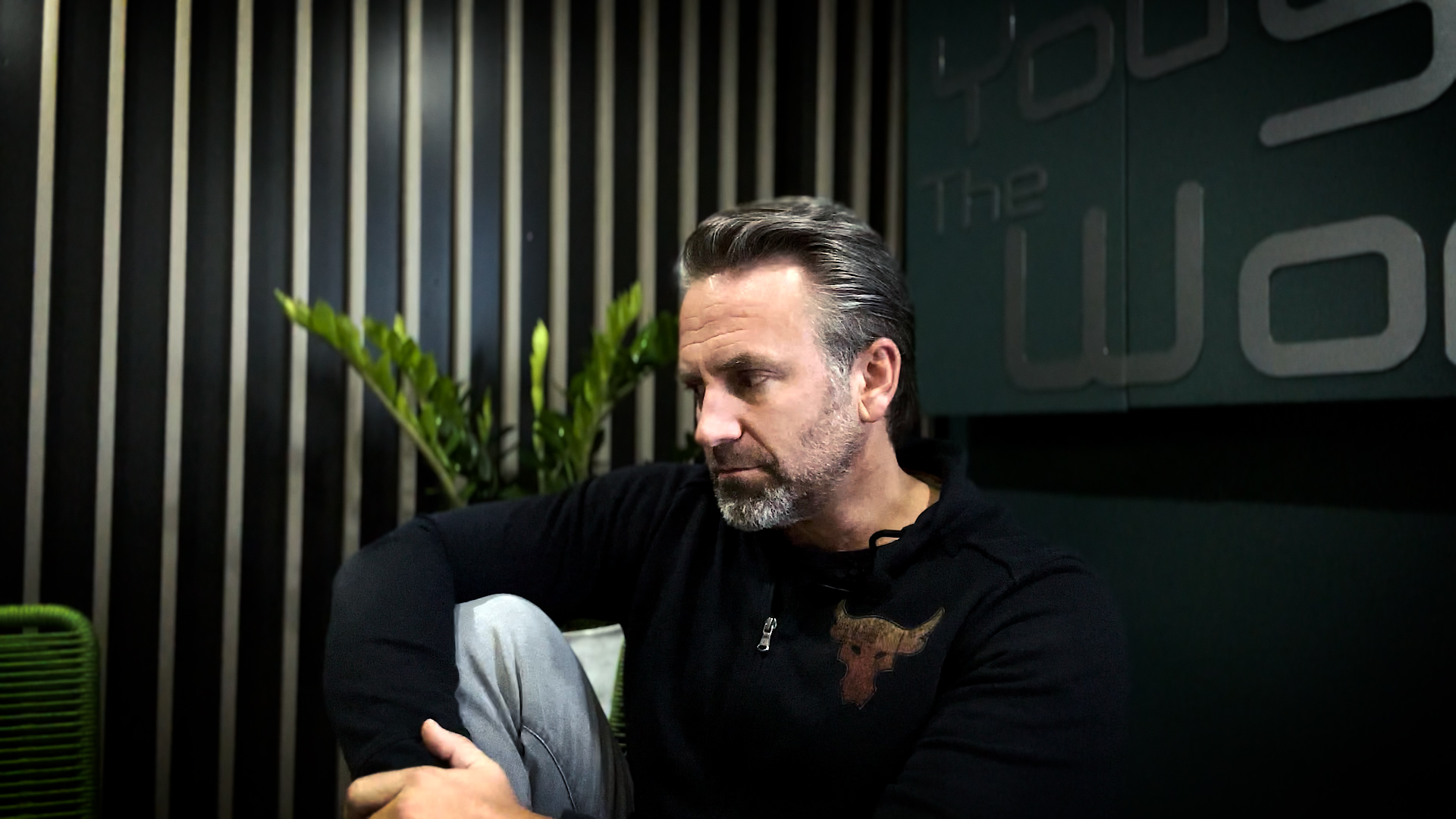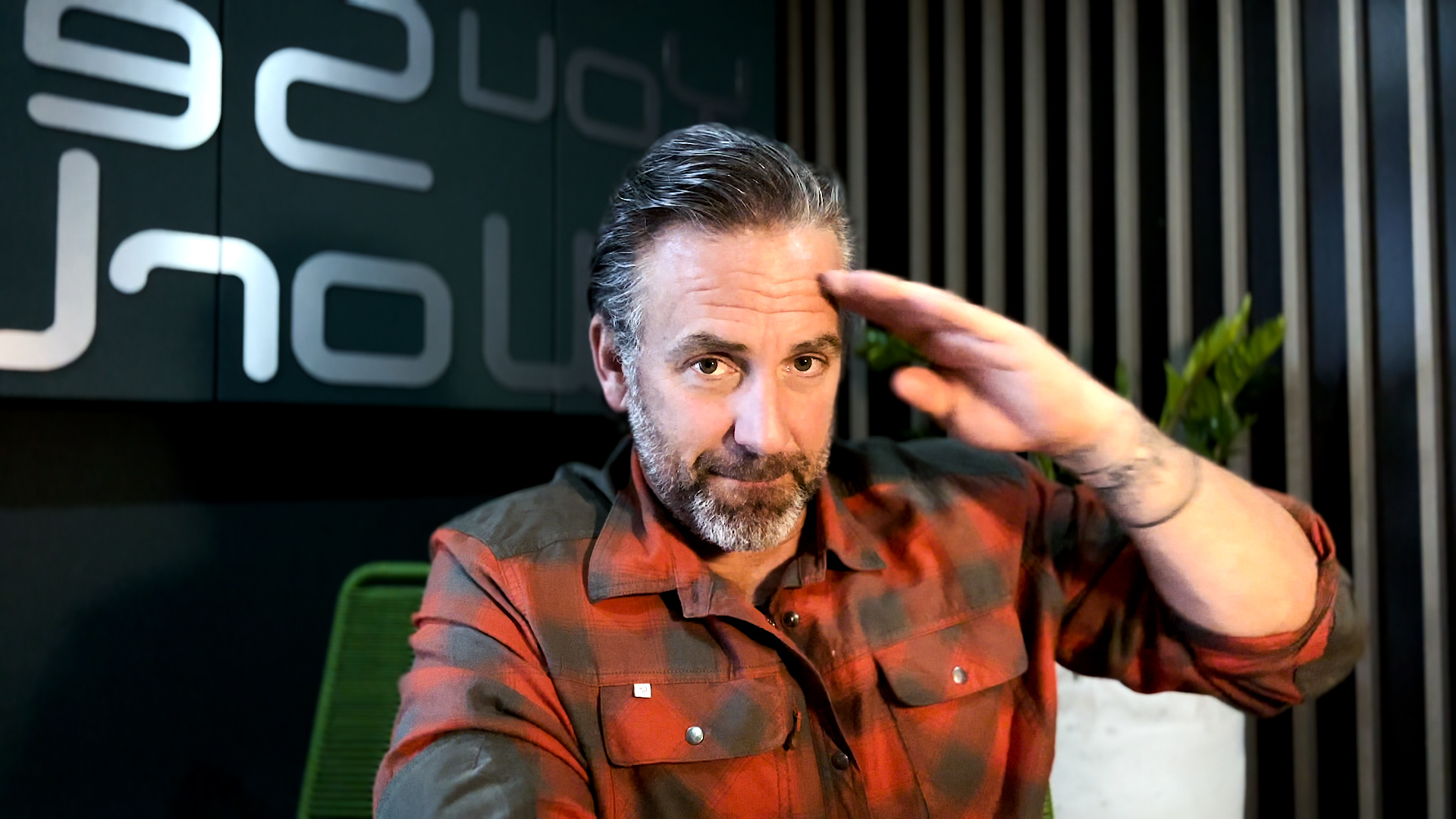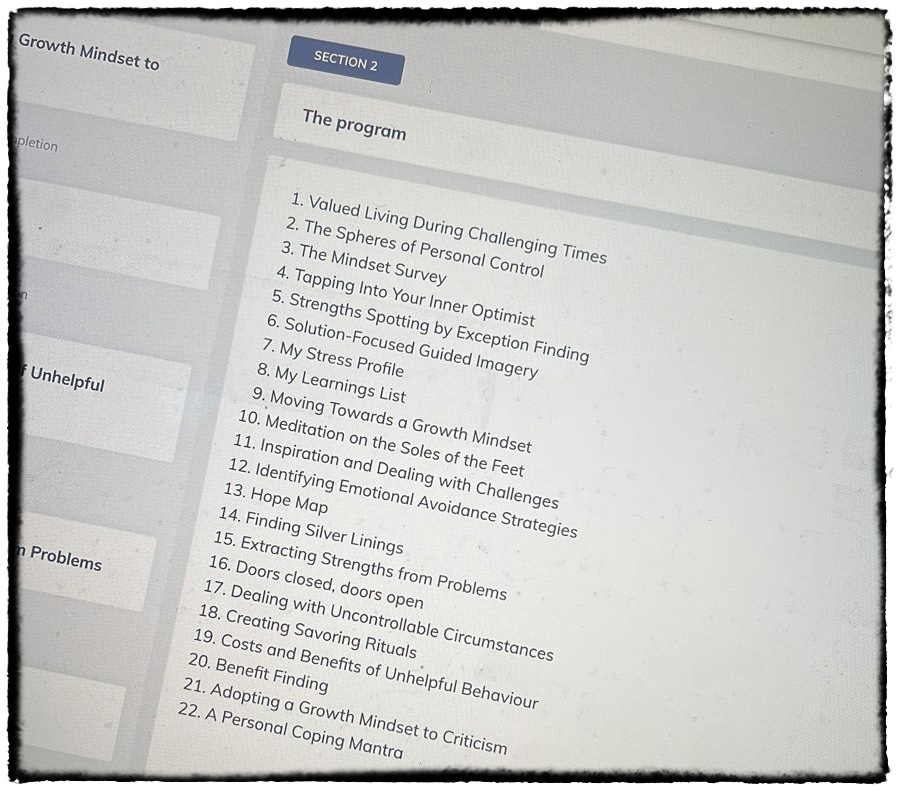“Trying to stop the waves” is a metaphor for attempting to control or suppress emotions, thoughts, or circumstances that are outside of our control.
It is a common theme in Buddhist philosophy, which emphasises the importance of letting go of attachment and accepting what is.
Here are a few examples of what it might look like to try and stop the waves:
- Trying to suppress negative emotions: It is natural to experience negative emotions, such as sadness, anger, or fear, from time to time. However, some people try to suppress or push these emotions away, believing that they are not acceptable or that they should not be feeling them. This can be exhausting and ultimately ineffective, as negative emotions will often resurface in some form.
- Trying to control the future: It is natural to want to plan and prepare for the future, but some people try to control every aspect of it. This might involve trying to predict and control every outcome or trying to control other people’s actions and behaviours. However, it is important to recognise that we cannot control everything and that the future is uncertain.
- Attempting to change the past: It is common for people to ruminate on past events and to wish that things had turned out differently. However, it is important to recognise that the past is over and that we cannot change it. Trying to change the past can be a futile and exhausting exercise.
- Resisting change: Change is a natural part of life and is often necessary for growth and development. However, some people try to resist change and cling to familiar patterns and routines. This can be uncomfortable and ultimately unsuccessful, as change is inevitable.
Trying to stop the waves can be a frustrating and ultimately futile endeavor.
Instead of trying to control or suppress emotions, thoughts, or circumstances that are outside of your control, it is important to learn to accept them and to let go of attachment.
This does not mean that you should not take action or that we should not try to improve your circumstances. Rather, it means that you should recognise what you can and cannot control and learn to respond to challenges in a healthy and adaptive way.
Get in touch if you’d like to explore this concept in more details or if you like to get a deeper understanding of what you can and can’t control how to manage this in your everyday life.

















